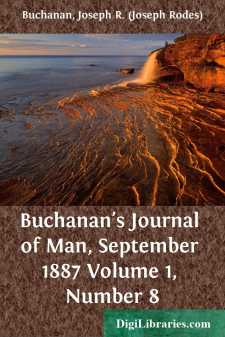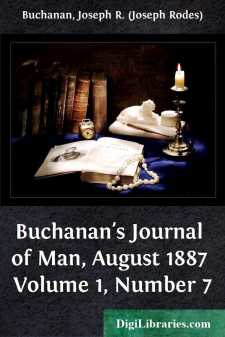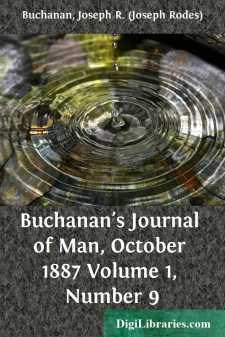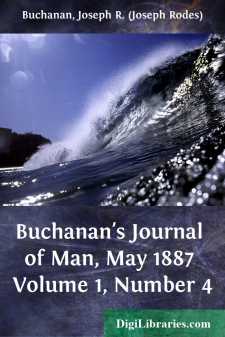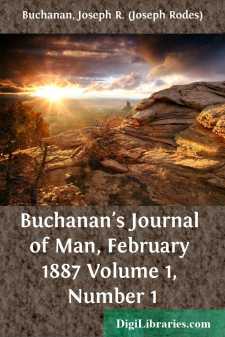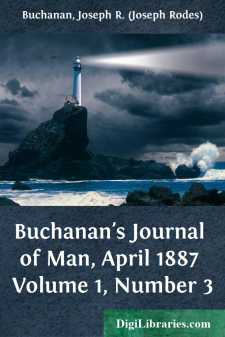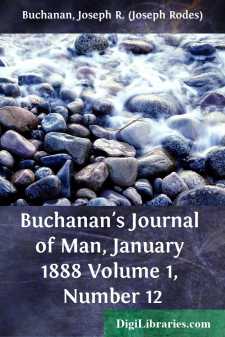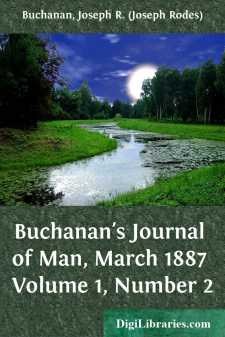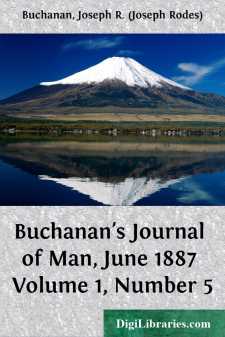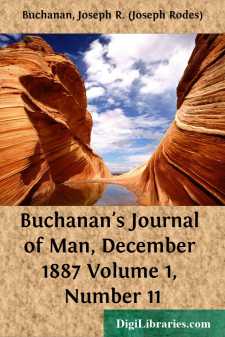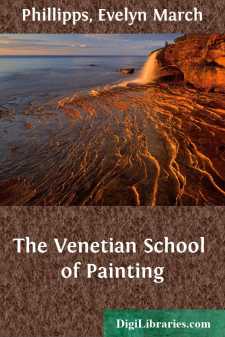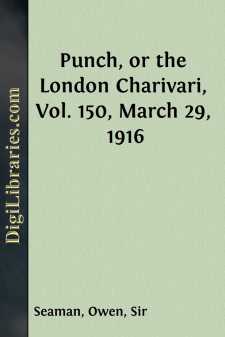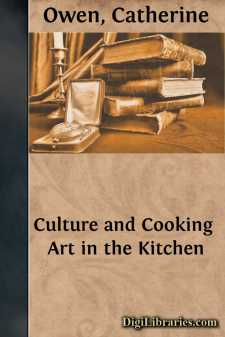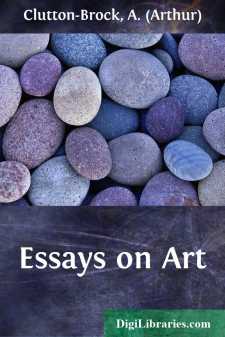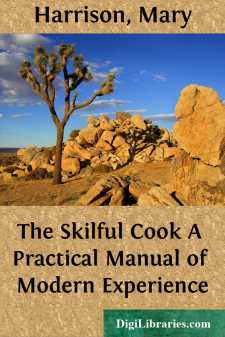Categories
- Antiques & Collectibles 13
- Architecture 36
- Art 48
- Bibles 22
- Biography & Autobiography 813
- Body, Mind & Spirit 142
- Business & Economics 28
- Children's Books 15
- Children's Fiction 12
- Computers 4
- Cooking 94
- Crafts & Hobbies 4
- Drama 346
- Education 46
- Family & Relationships 57
- Fiction 11828
- Games 19
- Gardening 17
- Health & Fitness 34
- History 1377
- House & Home 1
- Humor 147
- Juvenile Fiction 1873
- Juvenile Nonfiction 202
- Language Arts & Disciplines 88
- Law 16
- Literary Collections 686
- Literary Criticism 179
- Mathematics 13
- Medical 41
- Music 40
- Nature 179
- Non-Classifiable 1768
- Performing Arts 7
- Periodicals 1453
- Philosophy 64
- Photography 2
- Poetry 896
- Political Science 203
- Psychology 42
- Reference 154
- Religion 513
- Science 126
- Self-Help 84
- Social Science 81
- Sports & Recreation 34
- Study Aids 3
- Technology & Engineering 59
- Transportation 23
- Travel 463
- True Crime 29
Buchanan's Journal of Man, September 1887 Volume 1, Number 8
Categories:
Description:
Excerpt
The Concord Symposium and their Greatest Contribution to Philosophy.
Let no one accuse the critic of irreverence, who doubts the wisdom of universities, and of pedantic scholars who burrow like moles in the mouldering remnants of antiquity, but see nothing of the glorious sky overhead. While I have no reverence for barren or wasted intellect, I have the profoundest respect for the fruitful intellect which produces valuable results—for the vast energy of the lower class of intellectual powers, which have developed our immense wealth of the physical sciences and their useful applications. Indescribably grand they are. The mathematicians, chemists, geologists, astronomers, botanists, zoologists, anatomists, and the numerous masters of dynamic sciences and arts, have lifted the world out of the ruder elements of barbarism and suffering.
But, as for the class of speculative talkers, whose self-sufficiency prompts them to assume the name of philosophers, to which they have no right, what have they ever done either to promote human welfare, or to assist human enlightenment and reveal the mysteries of life? Have they not always been as blind as owls, bats, and moles, to daylight progress? Are they not at this time utterly and unconsciously blind to the progress of spiritual sciences, to the revelations of psychometry and anthropology—placing themselves, indeed, in that hopeless class who are too ignorant to know their ignorance, too far in the dark to know or suspect that there is any light?
A remnant of these worshippers of antiquity still holds its seances at Concord, Mass., and publishes its amazingly dry . With the unconscious solemnity of earnestness, it still digs into Aristotle’s logic and speculations—the dryest material that was ever used to benumb the brains of young collegians, and teach them how not to reason, for Aristotle never had a glimmering conception of what the process of reasoning is. Yet all Concordians are not Aristotelians; some of them have more modern ideas, and a vigorous, though misdirected, mentality.
Prof. W. T. Harris, the leader of the Concordians, to whose lucubrations the newspapers give ample space, as those of the representative man, made a second attempt to explore the Aristotelian darkness, in which his first essay was totally lost.
If there is but a step from the sublime to the ridiculous, it is not even a step from the absurd to the ludicrous and amusing. The professional wit or joker is never so richly amusing as the man who is utterly unconscious that he is in the least funny, while heroically in earnest. The professed comedian never furnishes so much amusement as the would-be heroic tragedian, who, like the Count Joannes, furnishes uproarious merriment for the whole evening.
I have seen nothing in our Boston newspapers quite so amusing as the very friendly and sympathetic report of Prof. Harris’ most elaborate and laborious comments on the SYLLOGISMS, which reminds one of Hopkinson’s metaphysical and elaborate disquisition on the nature, properties, relations, and essential entity of a salt-box....


